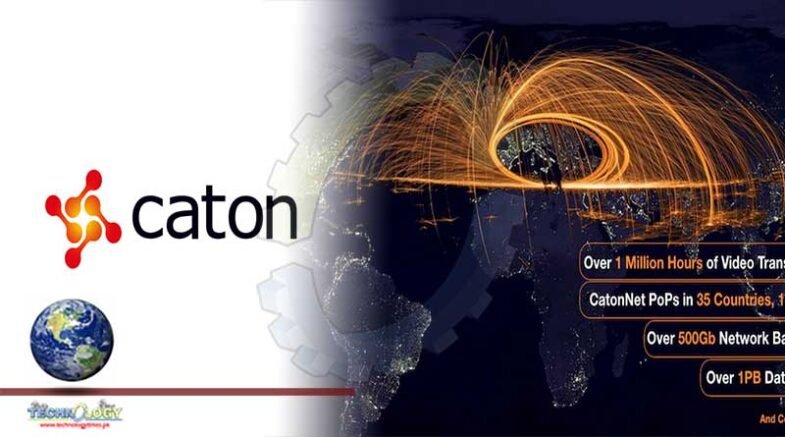Caton Technology is an experienced leading innovator in enabling IP delivery networks for the broadcast and media industry.

Caton Technology announced a US$50 million majority equity investment from Pasaca Capital. This investment will support Caton’s expansion plans to reach more businesses, applications and people with its technology and solution to unlock the internet for superior live video.
Caton is an experienced leading innovator in enabling IP delivery networks for the broadcast and media industry. Its R2TP technology and global network CatonNet have been integrated successfully as a disrupting solution for the delivery of low latency live IP video transport.
Through collaboration with its partners and customers, Caton’s solutions have enabled broadcasters, enterprises and service providers to efficiently transport broadcast quality video and large files over any IP network.
“With the increasing demand for high-quality real-time video transmissions and large file transfers, we are excited to invest in Caton and help bring its innovative technology to its fullest potential,” said Sean Rogers, CEO of Pasaca Capital Inc.
“We are also pleased to welcome Caton as one of Pasaca’s portfolio companies and be part of our solution to serve digitalization needs across a growing number of industries and geographies.”
“This transaction is a significant vote of confidence in Caton’s innovation, capabilities and growth strategy,” said Ray Huang, CEO of Caton Group.
“We are thrilled that Pasaca recognizes the power of IP networks and what our technology will bring to organizations that are on the path of digital transformation. We look forward to be working with Pasaca to deliver game-changing solutions to new markets.”
Today, Caton’s solutions are being used by large multinational customers and network service provider partners to deliver live video over the open Internet for live sporting events, concerts, remote medical diagnosis surgery training, and other emerging applications.
Caton has offices in Hong Kong, China, Japan, Singapore, Taiwan, and the U.S.
Originally published at Helpnet Security
